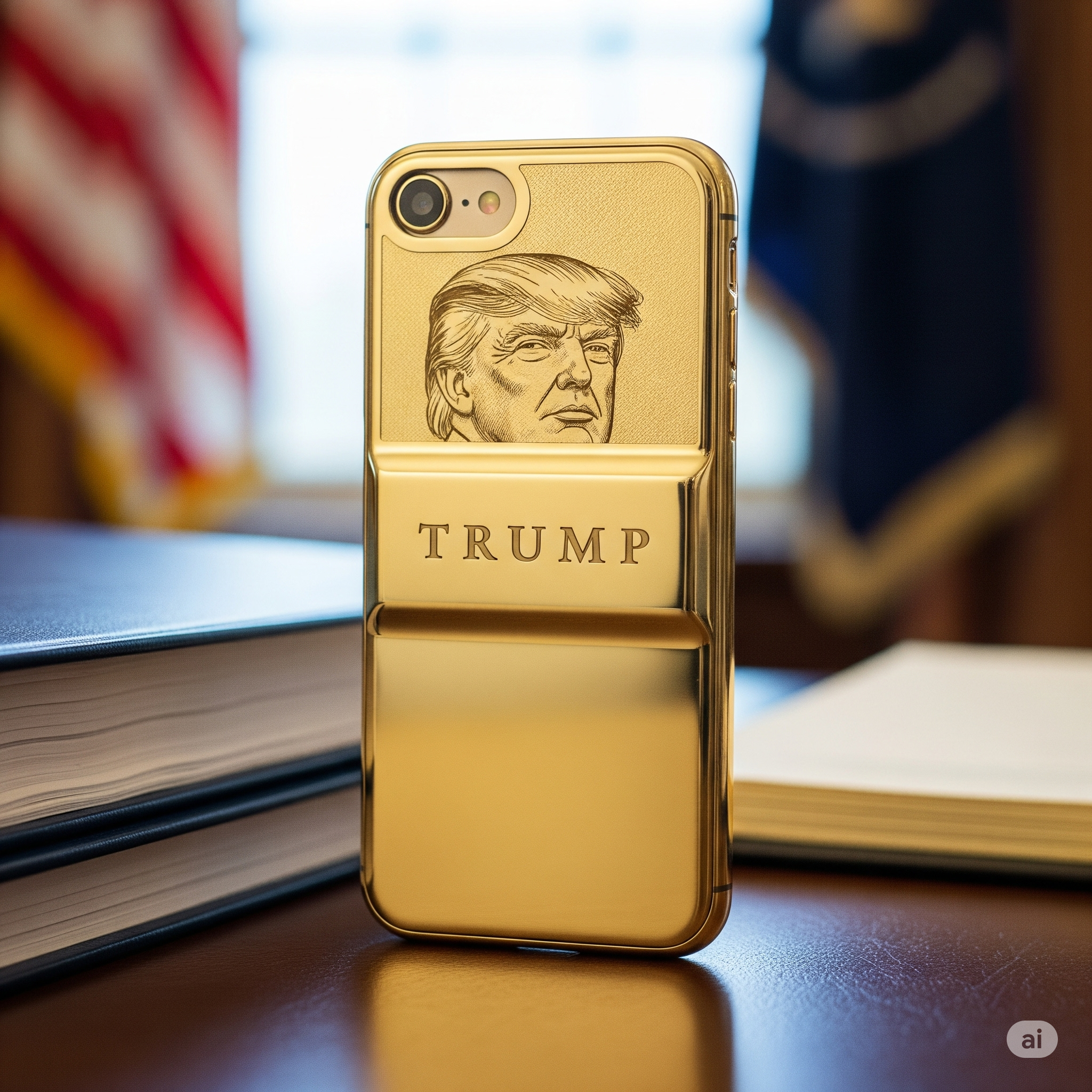President Donald Trump has reignited the national debate on digital privacy and law enforcement access to encrypted devices following two assassination attempts against him in 2024. Trump publicly suggested that Iran may have been involved and urged the FBI to unlock the suspects’ phones—devices belonging to Thomas Matthew Crooks and Ryan Wesley Routh—to investigate potential foreign links.
Encryption Challenges and FBI Struggles
The FBI has reportedly faced significant hurdles in accessing encrypted messaging apps used by the suspects. Trump urged federal agencies to act swiftly and criticized their inability to break through modern encryption without assistance from tech companies.
Renewed Tensions Between Trump and Apple
Trump specifically called out Apple, demanding the company assist in unlocking the phones. He referenced past conflicts, including a 2020 dispute when Apple declined to unlock devices connected to criminal investigations. Trump argued that Apple should cooperate more fully given its benefits from U.S. trade policies and government support.
Apple Defends Its Privacy Stance
Apple has long refused to create software backdoors, stating that doing so would weaken encryption for all users and pose serious privacy risks. The company affirmed its ongoing cooperation with law enforcement through available data like iCloud backups but held firm on protecting device-level encryption.
The Broader Debate: Privacy vs. Security
This latest episode highlights the ongoing tension between the need for national security and the protection of individual digital privacy. As encryption technology advances, the conflict between tech companies and governments shows no signs of slowing down.

